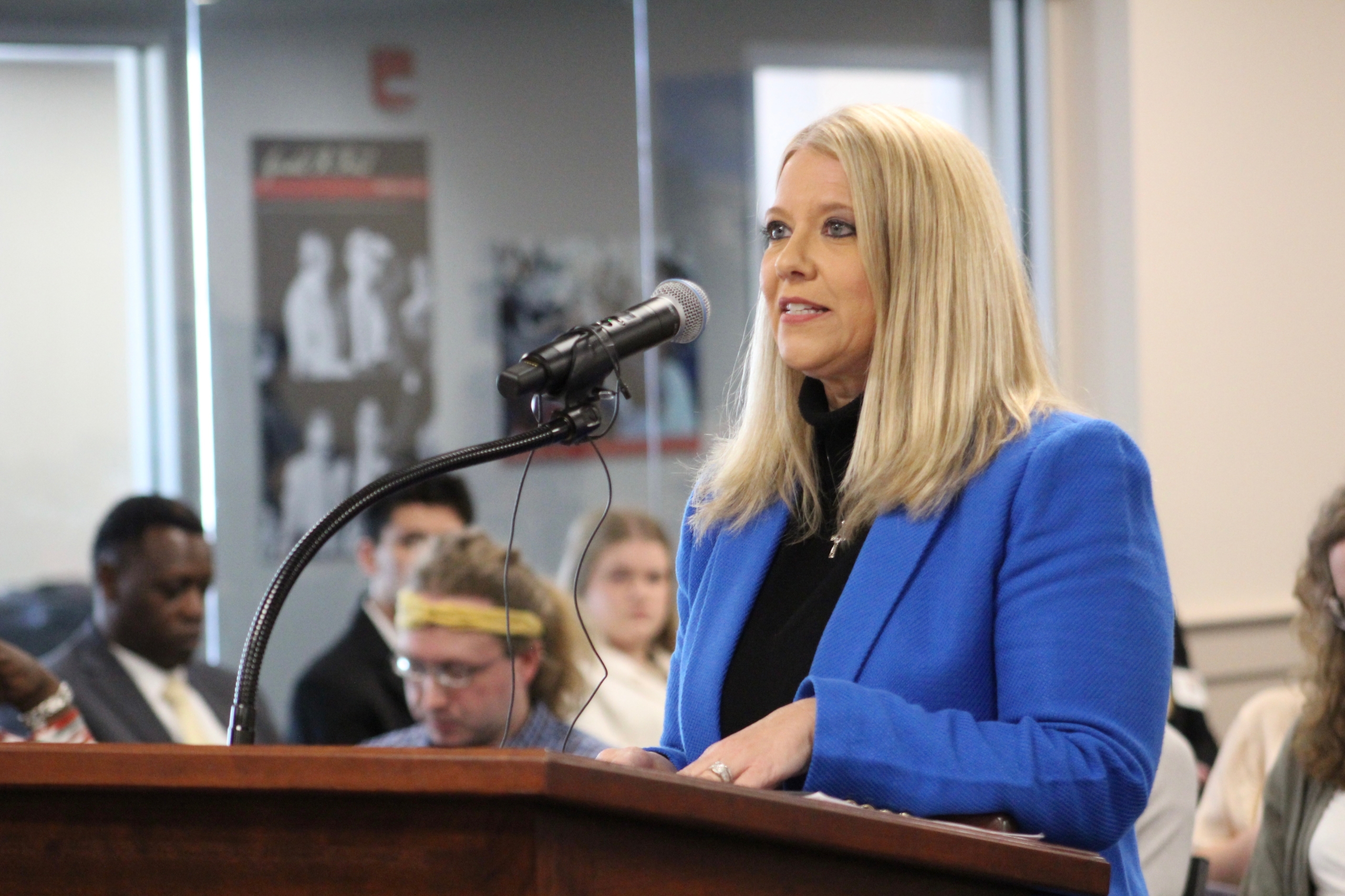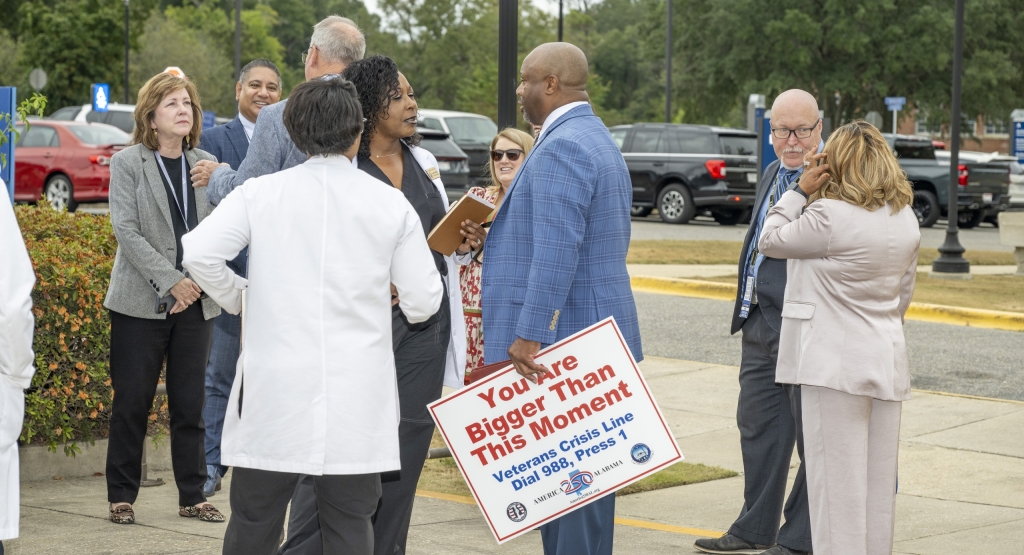Alabama’s rural hospitals are vanishing. This devastating crisis is unfolding in the heart of our state, jeopardizing not only the health of our people but the very foundation of rural communities.
Since 2011, at least seven rural hospitals in Alabama have closed their doors for good. On our current path, more than half of the state’s remaining 52 rural hospitals are at risk of closing, with 19 identified as being at “immediate risk” of shutting down within the next three years. But this isn’t just about numbers – it’s about lives, livelihoods and the long-term survival of rural communities across Alabama.
Even now, access to basic healthcare services in rural Alabama is slipping away. Pediatricians and dentists are disappearing. Maternity care has become a distant memory in more than a third of our counties. The closure of hospitals only accelerates this decline. In 2025, it’s appalling that emergency care isn’t available within 30 minutes of many of our rural communities, along with specialty care or even routine checkups. The consequences reach far beyond the emergency room – they ripple through every part of daily life.
That’s because hospitals are more than treatment centers. They are economic anchors. Nearly 78,000 Alabamians work in hospitals, and hospitals generate an astonishing $25 billion in annual economic impact. They are the lifeblood of rural economies, with hospitals often being the largest private employer in the area and typically second only to the local school system in the total number of employees.
So when a rural hospital closes, it doesn’t just mean fewer medical services. It means lost jobs, shuttered clinics, declining property values and a shrinking tax base. It weakens the entire community.
Imagine a rural town where the hospital has closed – where patients must travel an hour or more for emergency care. The quality of life inevitably suffers. Small businesses struggle to find and keep workers, and there is little hope of attracting new employers or industries that will sustain and grow these communities.
This crisis demands urgent action. Alabama’s leaders must act now to stop the bleeding and prevent more hospitals from closing.
One important step forward is passing the Rural Hospital Investment Tax Credit, a new program designed to incentivize private donations to rural hospitals. Modeled after a successful initiative in Georgia, this tax credit would provide struggling rural hospitals with new funding for patient care, facility improvements and critical services. Since 2017, Georgia’s program has generated more than $430 million in donations. In Alabama, this tax credit could generate millions of dollars to support rural hospitals that serve entire regions of Alabama and are critically important to our state’s healthcare infrastructure.
We must create innovative policies and incentives that recognize the unique challenges of delivering care in rural communities – and we must do it now. Every Alabamian deserves access to life-saving care, no matter where they live in our great state.
This is a matter of life and death, but it’s also a matter of economic survival for the rural communities that are the heart and soul of Alabama.
State Senator April Weaver was elected in 2021 to represent Alabama’s 14th Senate District, which includes parts of Bibb, Chilton and Shelby counties. A former nurse and healthcare executive with more than 25 years of experience in healthcare administration, she was appointed by President Donald Trump to serve as Regional Director of the U.S. Department of Health and Human Services. She previously served in the Alabama House of Representatives from 2010 to 2020.











